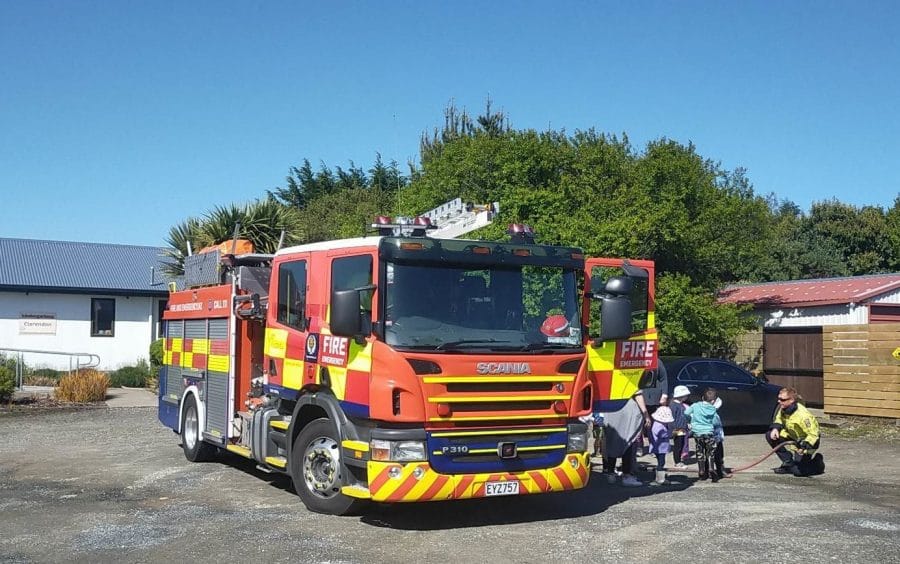The Government’s offer to step in and support the new FENZ collective agreement has been met with huge relief from Invercargill firefighters.
FENZ Invercargill Station manager Aaron Ramsey said it was a substantial settlement, “way beyond what I thought we would achieve,” being $100 million higher than the initial offer in July.
FENZ and the New Zealand Professional Firefighters Union yesterday signed terms of settlement for a new collective agreement between the parties.
A draft agreement will now be presented by the NZPFU to its members
for ratification. This process is expected to be completed before the end of the year.
Aaron said although surprised at the numbers that are there, including a 24% wage increase, they were still behind their Australian counterparts by 16% (initially 40%).
“But they do have a different economy so it is hard to make a comparison.”
Young firefighters on minimum wage would notice a significant increase to their pay packets and it would hopefully encourage more to join.
But Aaron said the reality is they are still going to be short-staffed, need to fix many broken fire engines and be short of aerial appliances.
The psychological well-being support won’t kick in until 2023-2024, and overall he questioned whether there was enough money to fix all of the problems in the long term.
FENZ went through a restructure in 2017 and Aaron said a lot of funding went into management, at the expense of operations.
FENZ chief executive Kerry Gregory said new collective agreement is a significant milestone and reflects the ongoing efforts of both parties during what has been a complex and lengthy negotiation.
“Our offer in August was at the extent of what we could afford. We are pleased that, with Government support, we have been able to present a revised offer that recognises the critical role firefighters play while being sustainable for Fire and Emergency,” he said.
Aaron said the union representatives first ‘walk out’ several months ago changed the landscape significantly.
Firefighters ignored their uniform policy and wore ‘Fire Crisis’ t-shirts instead, started talking to journalists despite a media policy in place, and nationally graffitied their fleet of trucks to gain attention.
Aaron said they were so appreciative of the support from the public and media, and it was clear their campaign worked.
“That is when we got this over the line – from the constant exposure. It’s all about the power of the people.”


